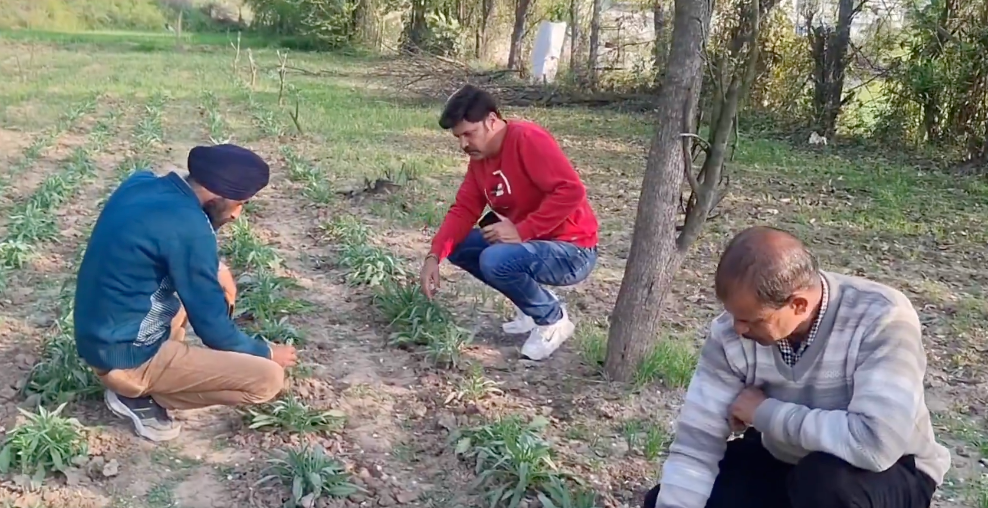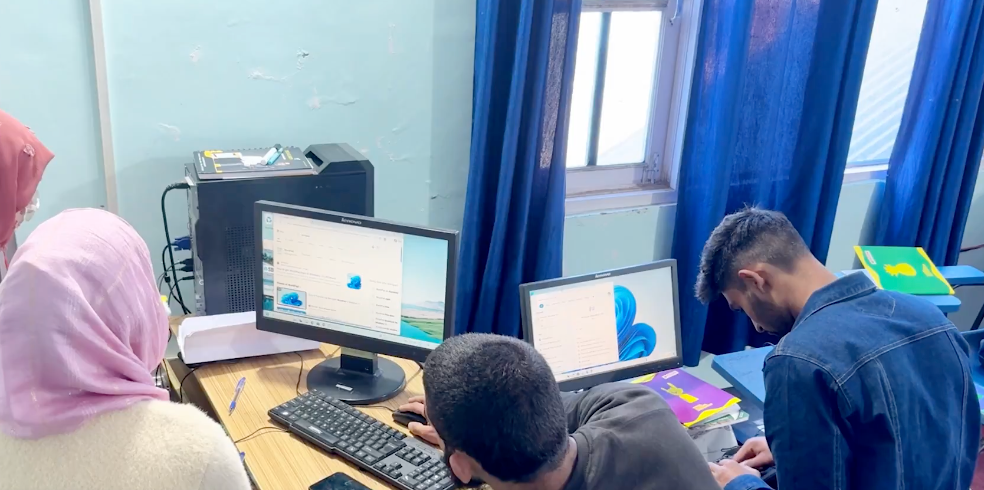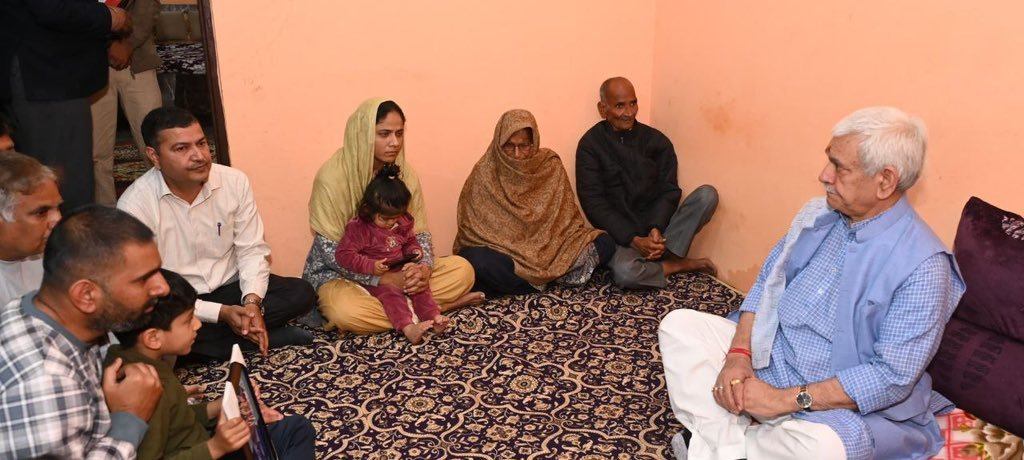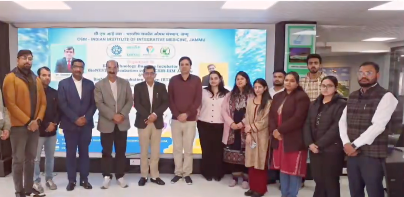Jammu, June 18, 2025 – Ahead of the annual Amarnath Yatra, set to commence on July 3, 2025, the Jammu and Kashmir Police have been directed to establish additional security checkpoints in the Jammu Range, specifically in the border districts of Jammu, Samba, and Kathua. This move aims to bolster the safety of pilgrims heading to the 3,880-meter-high Amarnath cave shrine in the South Kashmir Himalayas.
The directive was issued by Deputy Inspector General (DIG) of Police, Jammu-Samba-Kathua Range, Shiv Kumar Sharma, during a security audit of various police and paramilitary deployments. The audit covered the Bhagwati Nagar Yatri Niwas base camp, lodgement centres, yatra routes, CCTV installations, and parking areas. Officers were instructed to strengthen existing checkpoints, particularly during night hours, and identify new locations for additional checkpoints to ensure comprehensive security coverage.
The 38-day pilgrimage, running from July 3 to August 8, 2025, will see pilgrims traveling via the traditional 48-km Pahalgam route in Anantnag district or the shorter but steeper 14-km Baltal route in Ganderbal district. The decision to enhance security follows a terror attack in Pahalgam on April 22, 2025, which claimed 26 lives, prompting heightened vigilance.
In addition to ground security, the Jammu and Kashmir government has declared all yatra routes, including Lakhanpur-Jammu-Qazigund-Pahalgam and Lakhanpur-Jammu-Qazigund-Srinagar-Sonamarg, as “no-fly zones” from July 1 to August 10, 2025. This ban, advised by the Union Home Ministry, prohibits the use of drones, balloons, and other aviation platforms, including helicopter services for pilgrims. The Shri Amarnathji Shrine Board (SASB) has advised devotees to reach the shrine on foot or via ponies and palkis.
Union Home Secretary Govind Mohan chaired a high-level security review meeting in Srinagar on June 17, 2025, emphasising foolproof security arrangements. The meeting, attended by senior officials from the Jammu and Kashmir Police, Indian Army, CRPF, SSB, ITBP, BSF, and intelligence agencies, focused on additional force deployment, surveillance measures, and route protection. Approximately 50,000 paramilitary personnel, alongside Jammu and Kashmir Police, will conduct daily road-opening operations to detect and defuse explosives along the routes. For the first time, jammers will be deployed to protect convoys.
Jammu and Kashmir’s Director General of Police (DGP), Nalin Prabhat, also reviewed security at the Bhagwati Nagar base camp, stressing coordination between security forces for a smooth yatra. The deployment of 581 companies of Central Armed Police Forces (CAPF) and the use of advanced facial recognition technology by the Jammu and Kashmir Police further underscore the robust security measures in place.










